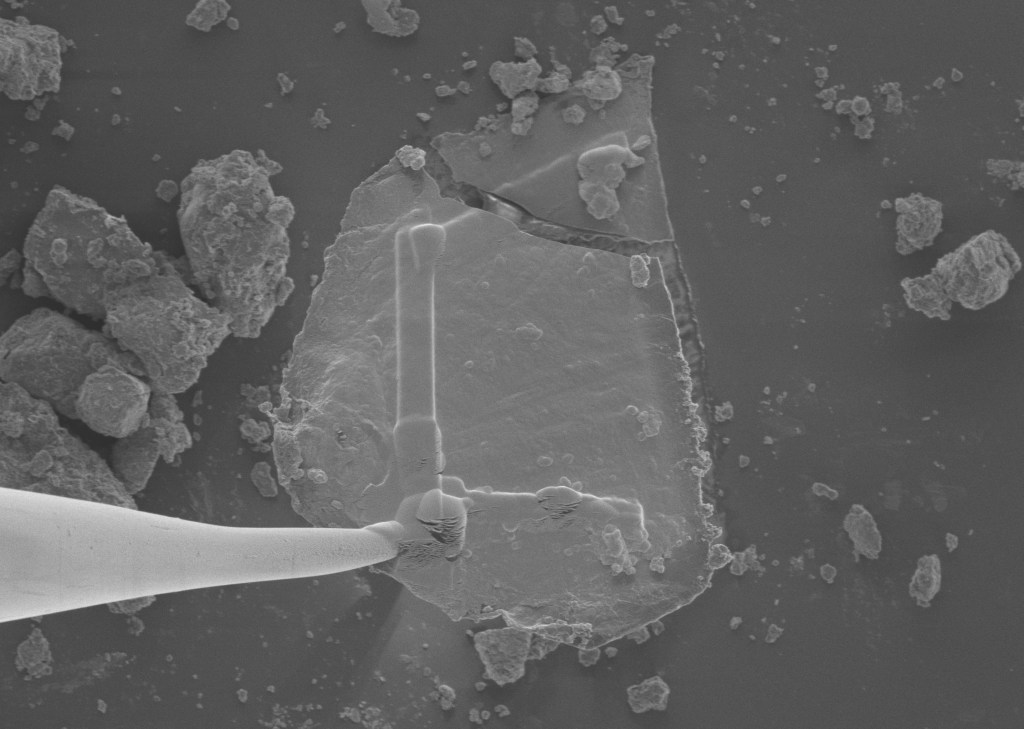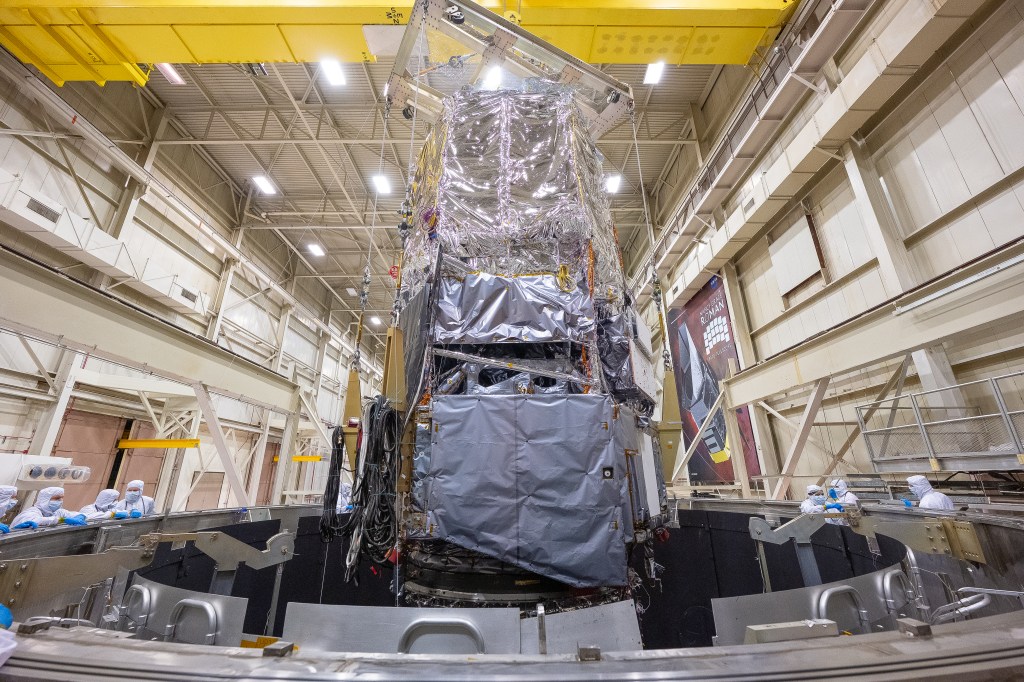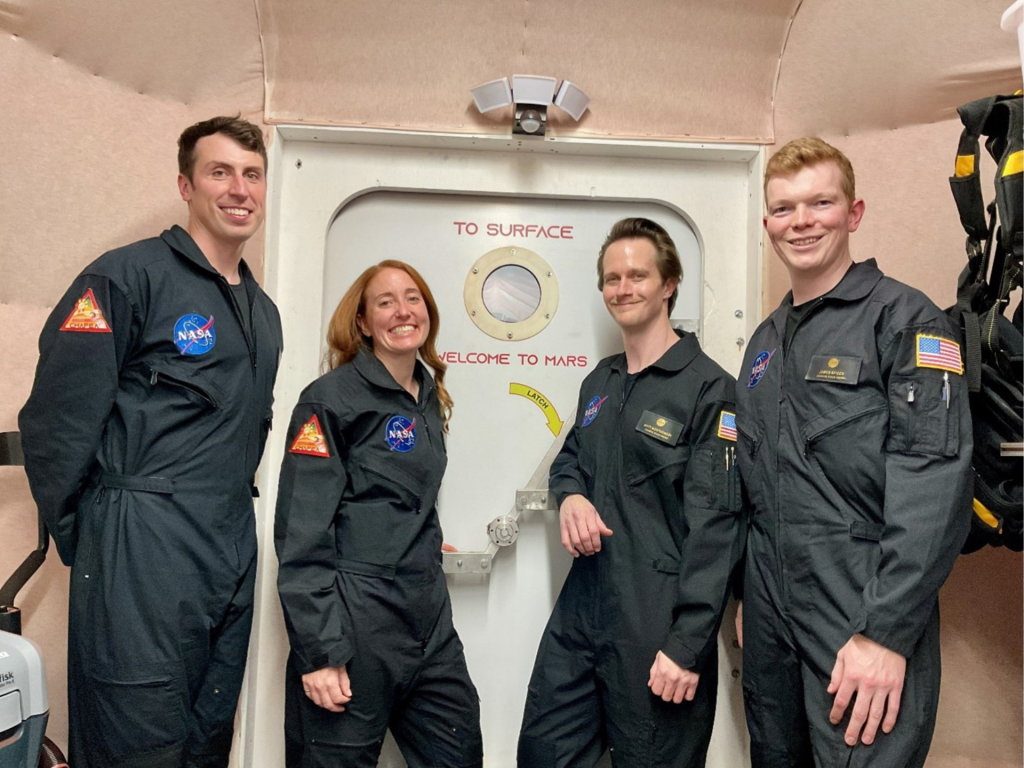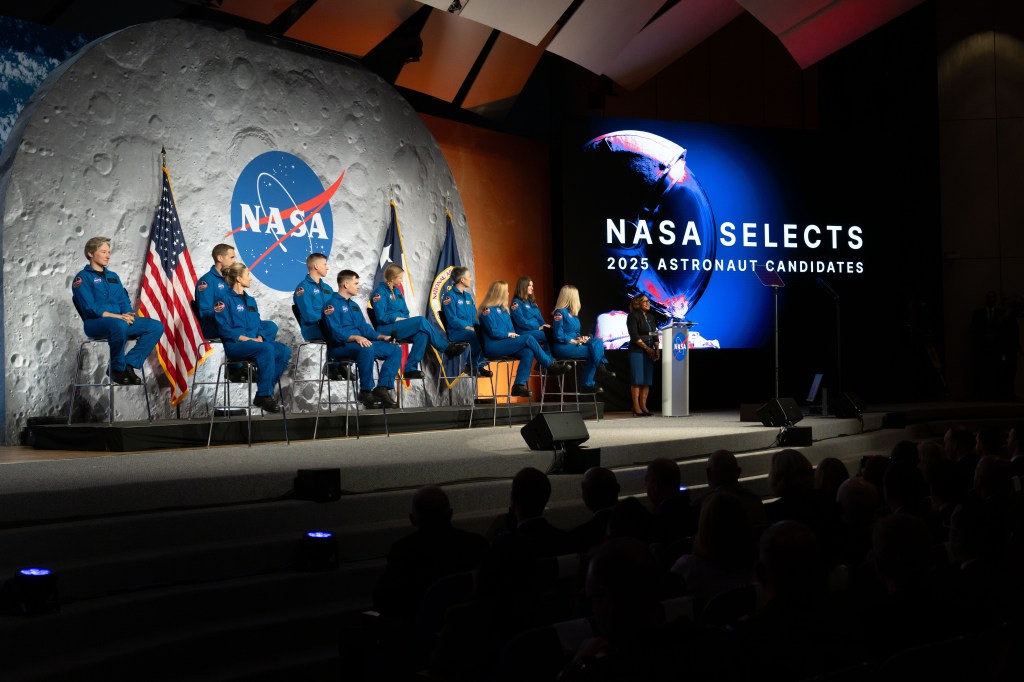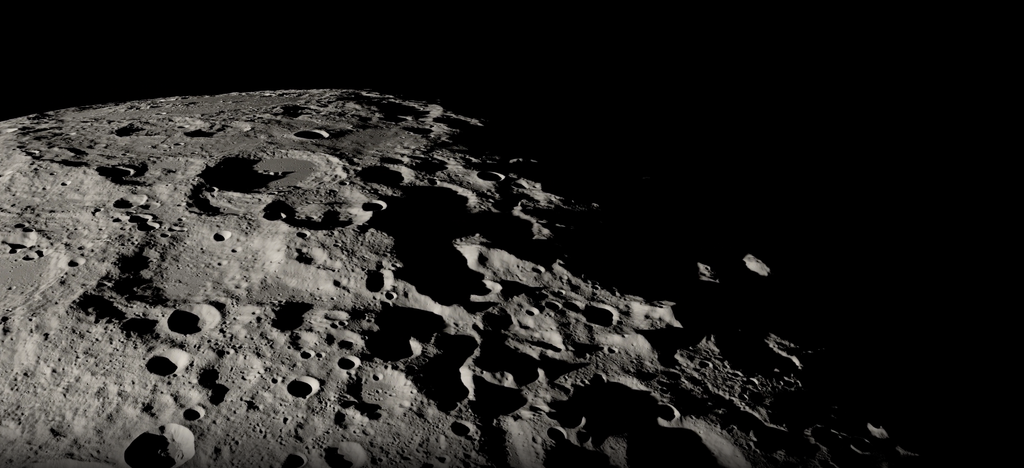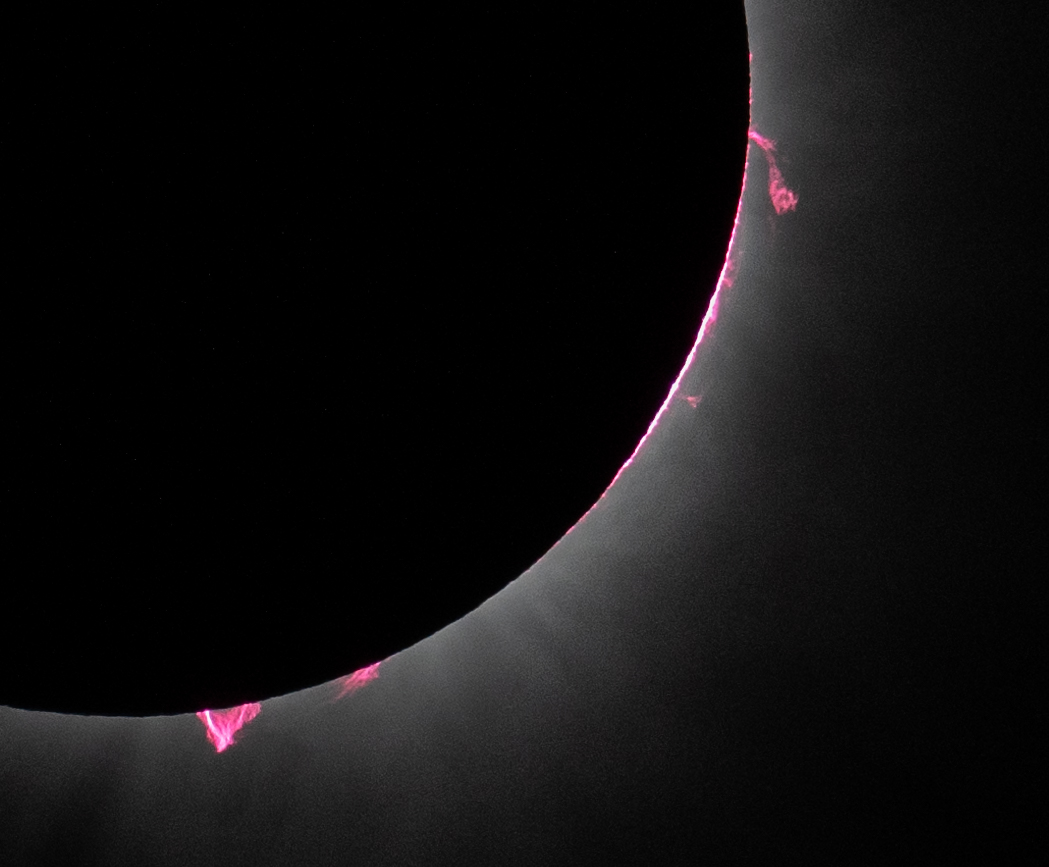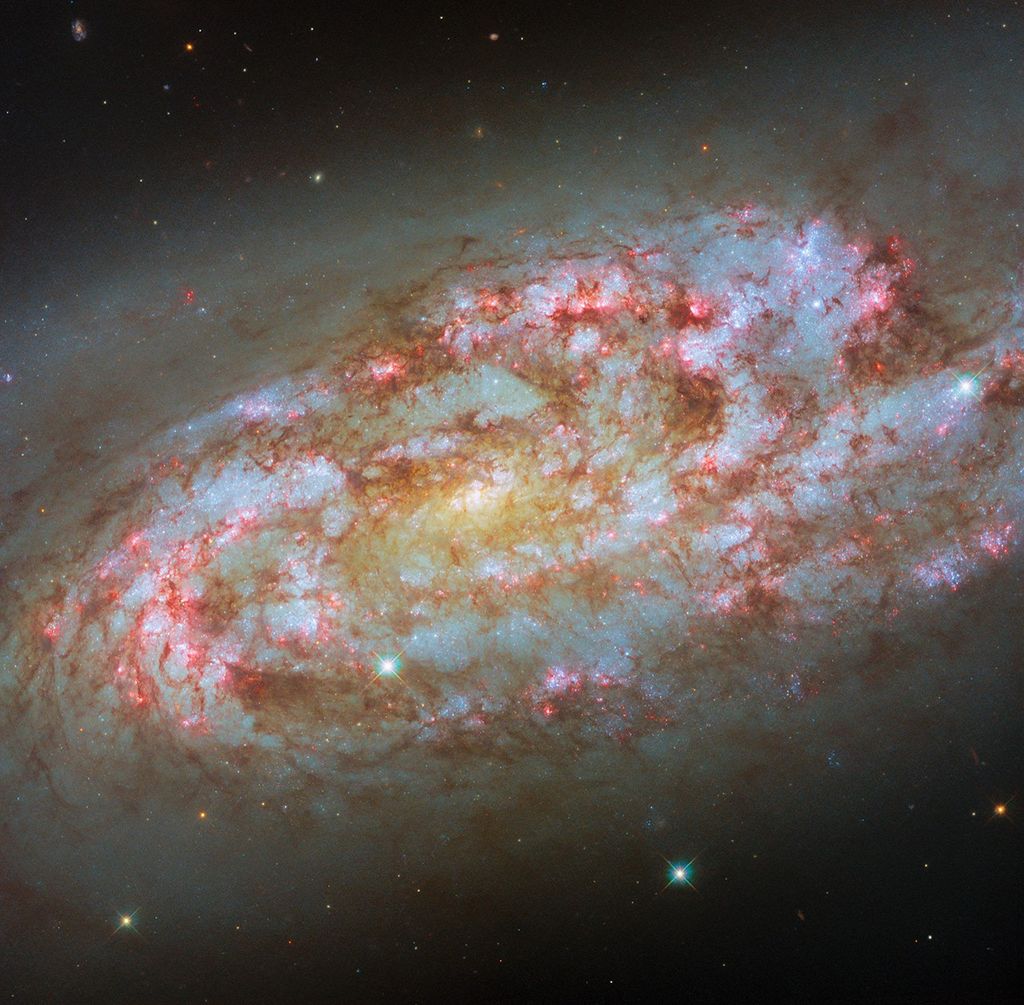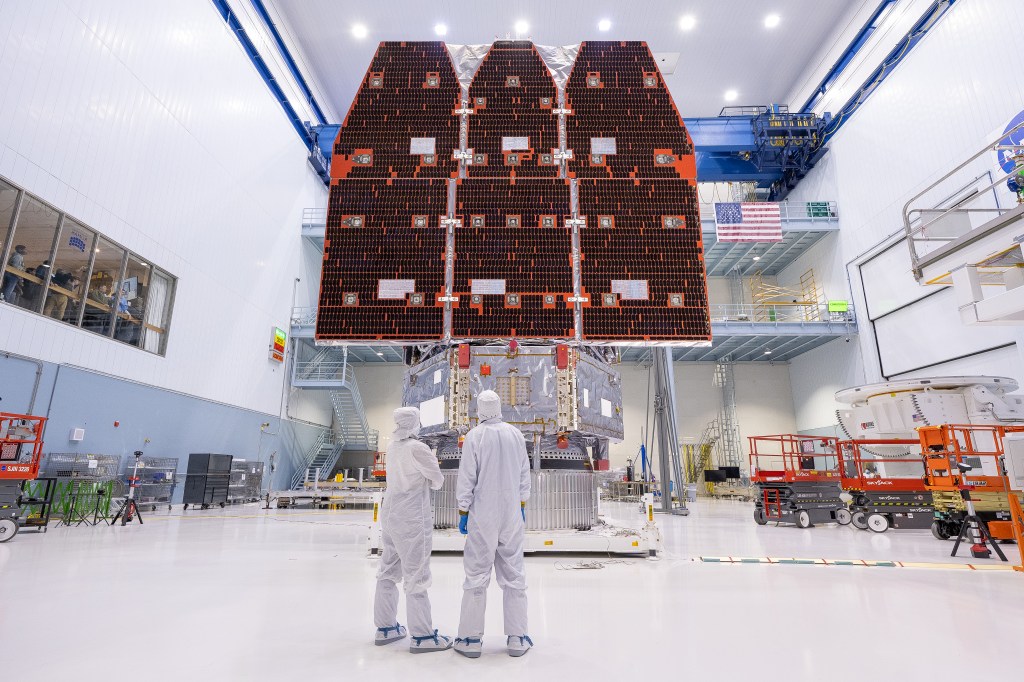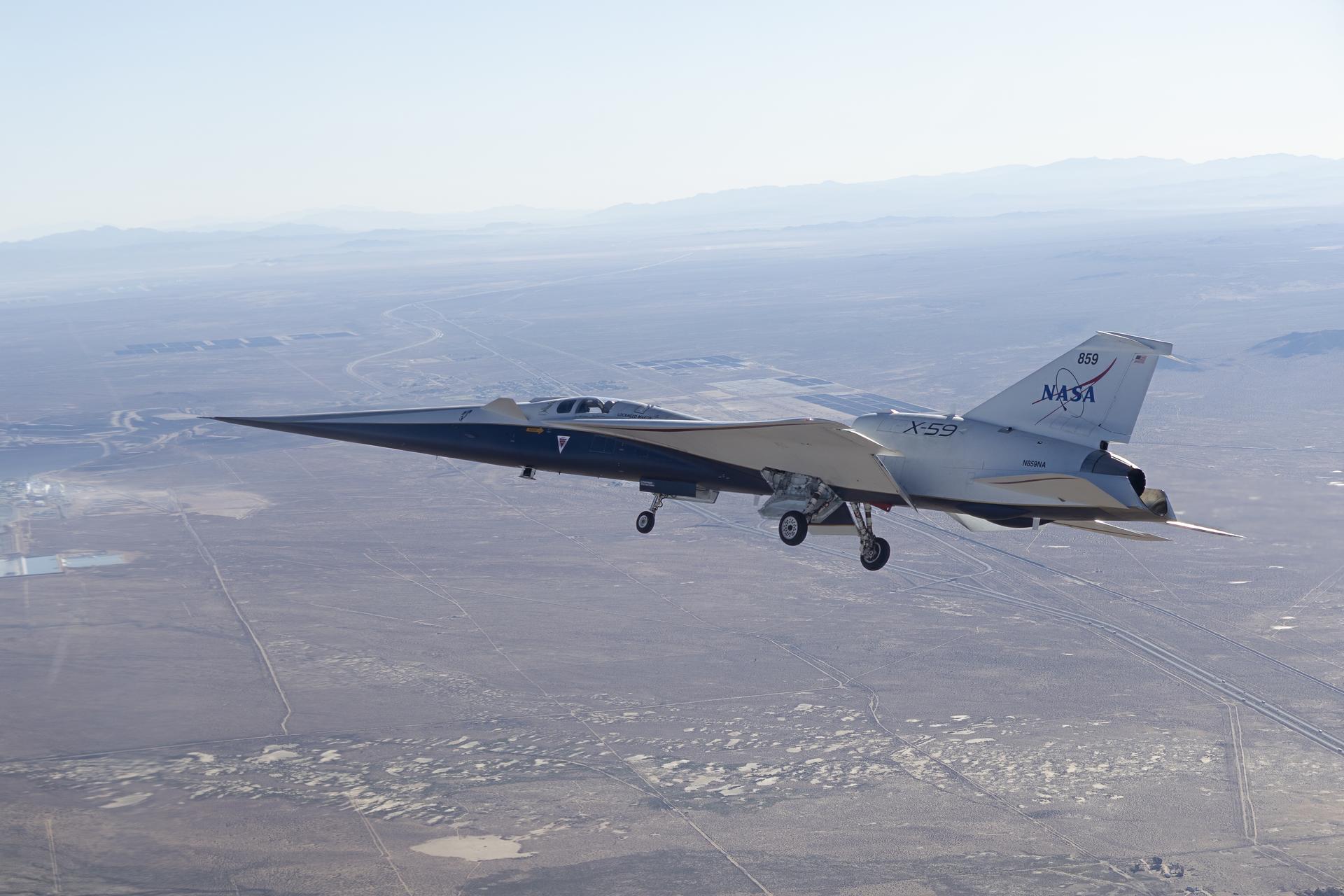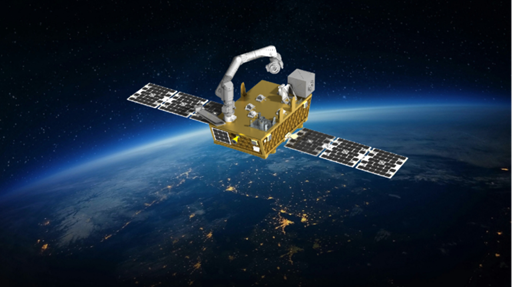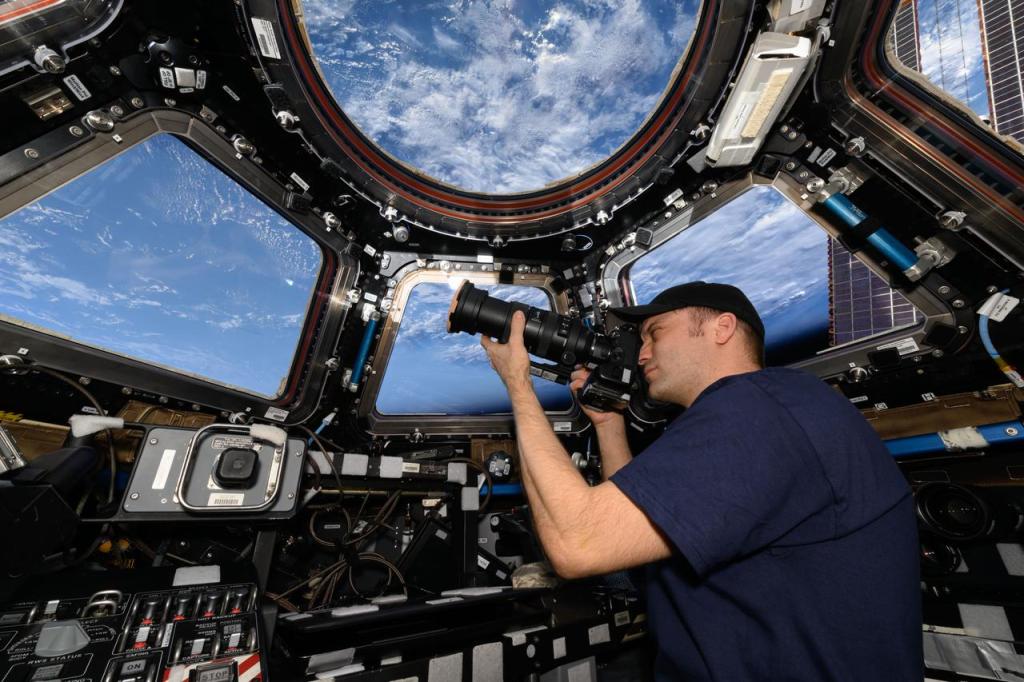Seung Woo Lee
Georgia Institute of Technology
The energy and power performance of Li-ion batteries is significantly reduced at low-temperature conditions, which is mainly due to the slow diffusion of Li-ions in graphite anode. In addition, metallic Li-plating on the graphite anode surface at low-temperatures can cause significant serious safety concerns. This research project seeks to design a high-performance and stable anode based on the surface-controlled charge storage mechanism to enable battery operation in extreme cold environments. The surface-controlled charged storage process of graphene has advantages over the diffusion-controlled process of graphite in terms of rate-capability and long-term cycling stability. Therefore, this project will explore the effective utilization of the surface-controlled charge storage mechanism of graphene anodes to significantly improve the charge storage kinetics and overcome the metallic Li-plating issue at low-temperature conditions. Such advanced battery technology will reduce the mass and volume of the system without the need for ancillary thermal systems, effectively supporting the entire spectrum of NASA’s human space exploration missions from low earth orbital to Mars surface.


